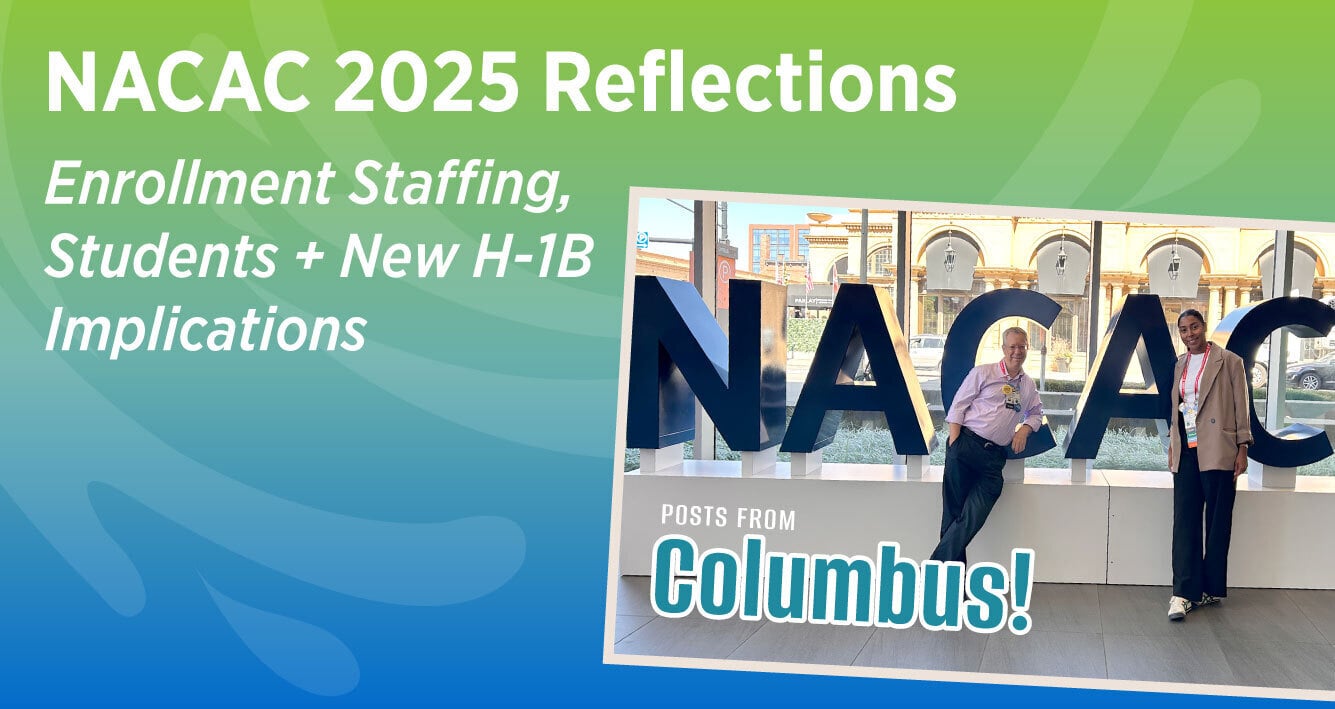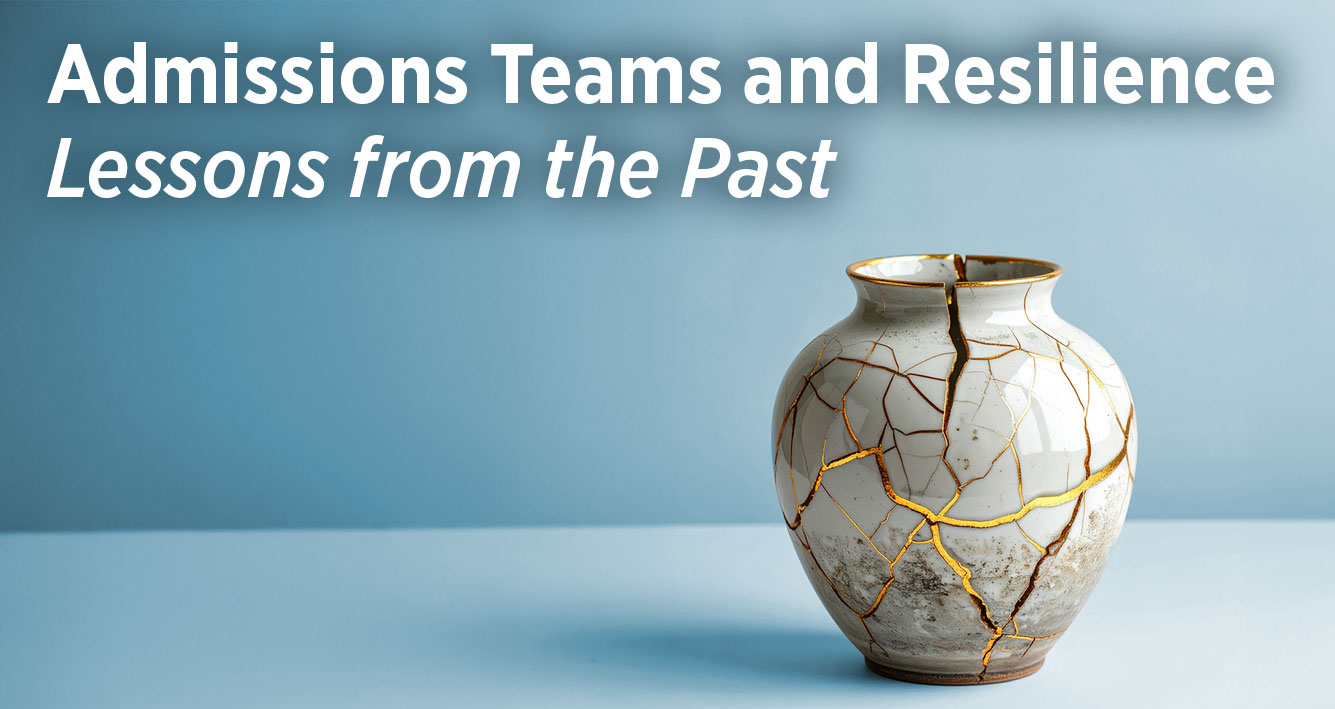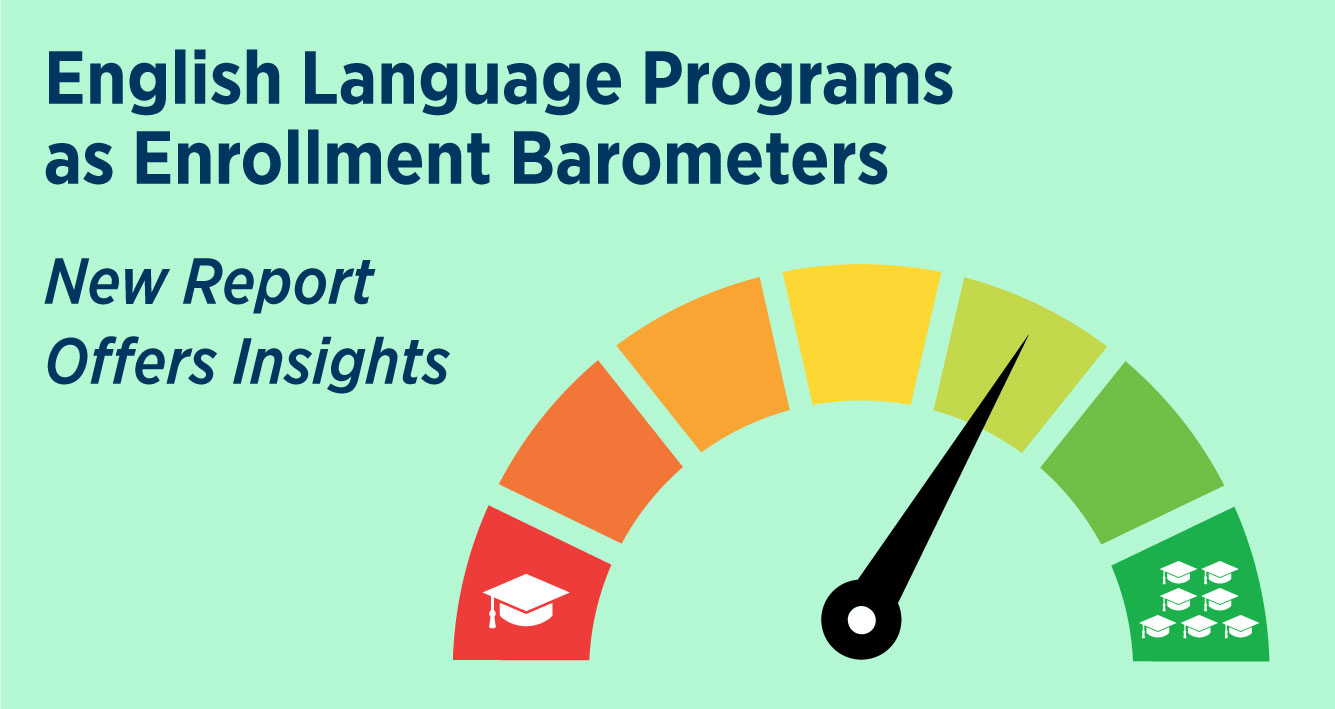There’s a reason people look to Netflix as a case study in perseverance. After transforming the video rental landscape – from in-person stores to in-home DVD delivery, then to streaming and producing new video content – Netflix now leads a global shift in how content is created and consumed. Blockbuster was once its biggest rival. Today it’s YouTube.
Netflix’s journey is marked with notable missteps and market hits. Headlines like “The Year Netflix Almost Died” capture the 2011 fallout when the company lost 800,000 customers and its stock value plummeted nearly 80 percent. Yet, here they are, stronger than ever and global. So, do you have a Netflix subscription? Yeah. Us, too. The company clearly knows how to recover.
The lesson here: We can survive really rough times if we’re smart about our response to market volatility. Time to focus on the details and control the controllable.
Opportunities to Meet the Intead Team
- Look for us at NAFSA in May, APLU in June, NACUBO in July, and NACAC in September. Let us know if you want to connect at these events.
- NEW WEBINAR: AI and the Future of Student Recruitment. All about university recruitment in this dynamic and changing AI environment. AICA's Emily Pacheco, Ashley Kern (MeetYourClass, Sightline), and Ben Waxman (Intead). Free Registration here. June 10, 2025 at 3pm Eastern time.
Bookmark this: Intead’s Resource Center
Access 800+ articles, slides decks, reports with relevant content on any topic important to enrollment management and student recruiting. Check it out.
US higher ed is at a pivotal moment as policy develops around the world and potential students consider how best to pursue their own interests. How we respond now will affect our viability tomorrow and in the years ahead. The good news: history (and Netflix) shows us that recovery is possible. And there are lessons of resilience and recovery from within academia worth looking at as well.
Take the UK. In 2008, the UK introduced a point-based immigration system and a Post-Study Work (PSW) visa allowing two years of work after graduation. Four years later, PSW was shuttered, causing an immediate decline in international student interest. A self-inflicted wound from Downing Street to the UK higher education system not unlike the international student disruptions being inflicted on US higher ed today. Interestingly, the number of main applicant-sponsored study visas issued only fell to 2008 levels and remained mostly stable until 2016, when numbers began to rise again.
Even though overall visa numbers fell some universities took action that helped them outperform the sector and beat their own pre-2012 enrollment. Queen’s University Belfast was one with a comprehensive data-informed package of measures, including extensive faculty engagement, scholarship packages, enhanced agent involvement, and a focus on processes to improve the applicant journey. It was a whole institution approach matching strategic investment with operational excellence. They controlled the controllable.
Then there’s Australia, which saw a steep international student decline a decade ago due to tightened visa scrutiny. Now, they are seeking to limit the number of international students studying in-country each year to 240,000. Canada, too, is currently working through its own hastily decreed cap on incoming international students, self-inflicted just last year.
In fact, not once during this century have all four major anglophone recruiting countries (US, UK, Australia, Canada) had benevolent student and work visa policies simultaneously. There is almost always one or another imposing self-defeating rules upon themselves. Yet, 2025 brings us to a point where all four of these nations want to limit incoming international students – whether through direct intent or visa policy and rhetoric – rather than smoothing the international student path. It seems some policymakers have lost sight of the direct correlation between economic growth and academic strength (education and research capability).
This current state is not the first period of stress and difficulty international students and institutions have faced.
Despite bouts of turbulence, each receiving country continues to see an incoming flow of international students. In our view, it’s reasonable to assume international students will remain motivated to attain a foreign degree and a US degree will remain attractive to a large number of foreign students. So, we pursue what we can control and what can be changed (or challenged) and do so with a mindset that is measured not panicked.
What does all that mean for your approach to internationalization?
Read on…
Read More






